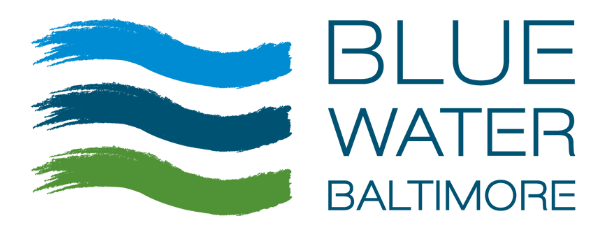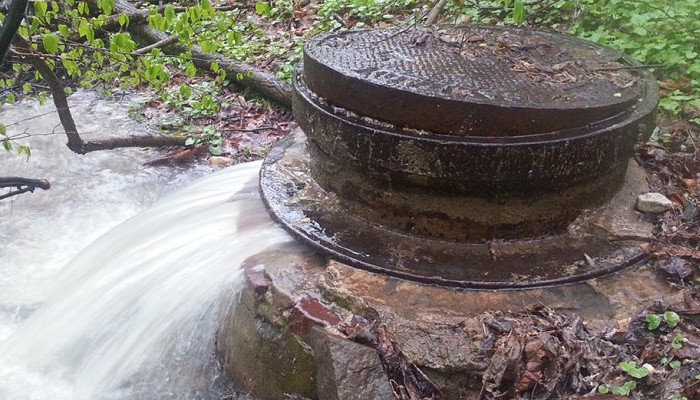Baltimore City Sewer Overflow Consent Decree Modification
We need you to come out and show your support for keeping sewage out of the basements, streets, and waterways of our City.
-
Learn more on the consent decree and our role in monitoring the progress.
Technical and Legal Review of Proposed Modification
On June 1, 2016, the federal government and State of Maryland lodged a proposed modification to a settlement agreement intended to fix Baltimore City’s failing sewer system.
The settlement agreement, or consent decree, originally dates back to 2002, and was intended to fix the City’s sewer system by January 1st of this year. Now, six months passed that deadline, the federal government and state agencies have proposed a new final deadline of 2032, among other new and modified provisions.
Blue Water Baltimore Statement
Halle Van der Gaag, executive director, issued the following statement for Blue Water Baltimore:
Blue Water Baltimore has been monitoring the progress of the City’s consent decree for years, and sued to intervene in the settlement agreement in 2013. We are pleased to finally see a plan for how state and federal regulatory agencies will move forward to fix our failing sewer system. Sewage pollution is one of the biggest challenges we face in restoring the health of Baltimore’s streams, rivers and the harbor. The human health concerns are serious: sewage contains not only fecal bacteria, but also industrial waste and pathogens, like hepatitis.
During this 60-day comment period, Blue Water Baltimore will be closely reviewing and analyzing this new plan. Our main objective continues to be a process that achieves safe, swimmable and fishable waters for the residents of Baltimore. Specifically, we expect that this modification to the consent decree will:
-
show a clear path and timeline for targeted actions that will demonstrably improve water quality;
-
include enforceable bench marks for infrastructure project delivery;
-
contain new and improved strategies to notify and protect public health; and
-
significantly improve financial and project management accountability.
2002 Consent Decree
Baltimore City’s sewer system is more than 100 years old. Damaged and outdated infrastructure cause frequent sewage overflows into the City’s creeks and streams. The 2002 consent decree required the City to fix failing pipes and prevent illegal sewage overflows by the beginning of this year.
While the city has spent hundreds of millions of taxpayer dollars to try to fix the problem, illegal discharges of sewage from structured and unintentional overflows continue to dump millions of gallons of raw sewage into Baltimore’s waterways each year. Harmful bacteria from sewage overflows makes water unsafe to swim or fish in, and can also make people sick.
Consent Decree Public Information Session
The public will be invited to submit comments on the proposed modification during a 60-day period that ends on July 31, 2016. An information-only meeting was held on Tuesday, June 7 at MDE headquarters. Over the coming weeks, Blue Water Baltimore will be working with legal and technical partners to closely examine the proposed modification. Blue Water is particularly concerned with eliminating sewage overflows as soon as possible, while ensuring that the public is protected from hazardous overflows in the interim.
Help ensure that the voices of Baltimore residents are heard and the public’s interest in clean water is protected.
-
Read the Modified Consent Decree, June 1, 2016 (PDF)
-
Learn more on the consent decree and our role in monitoring the progress

